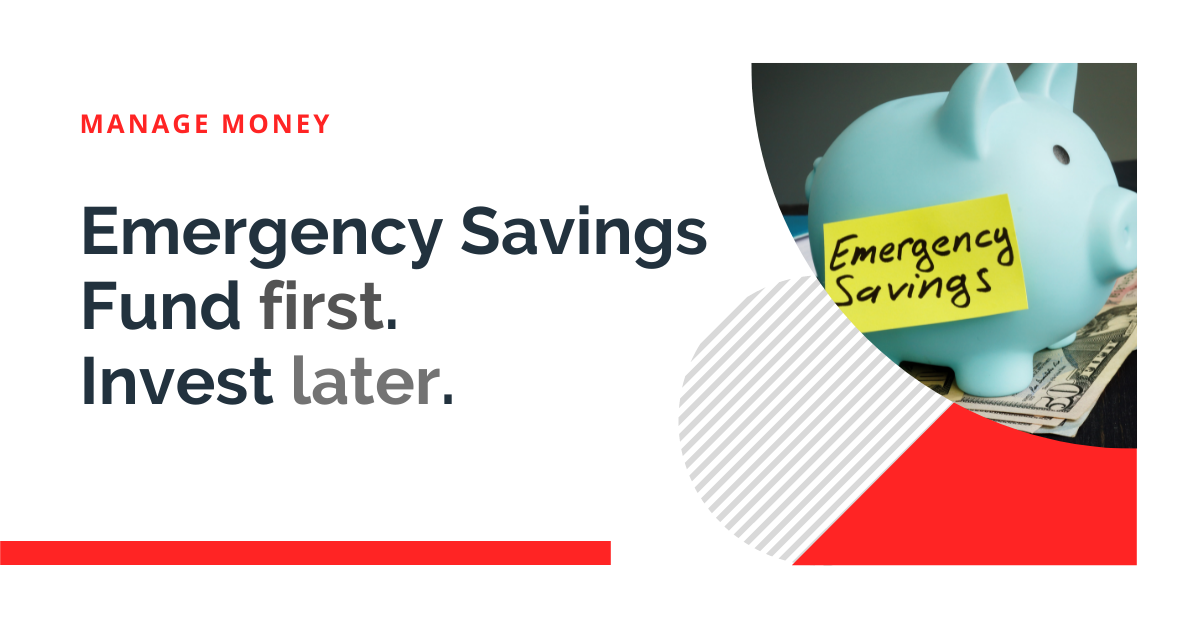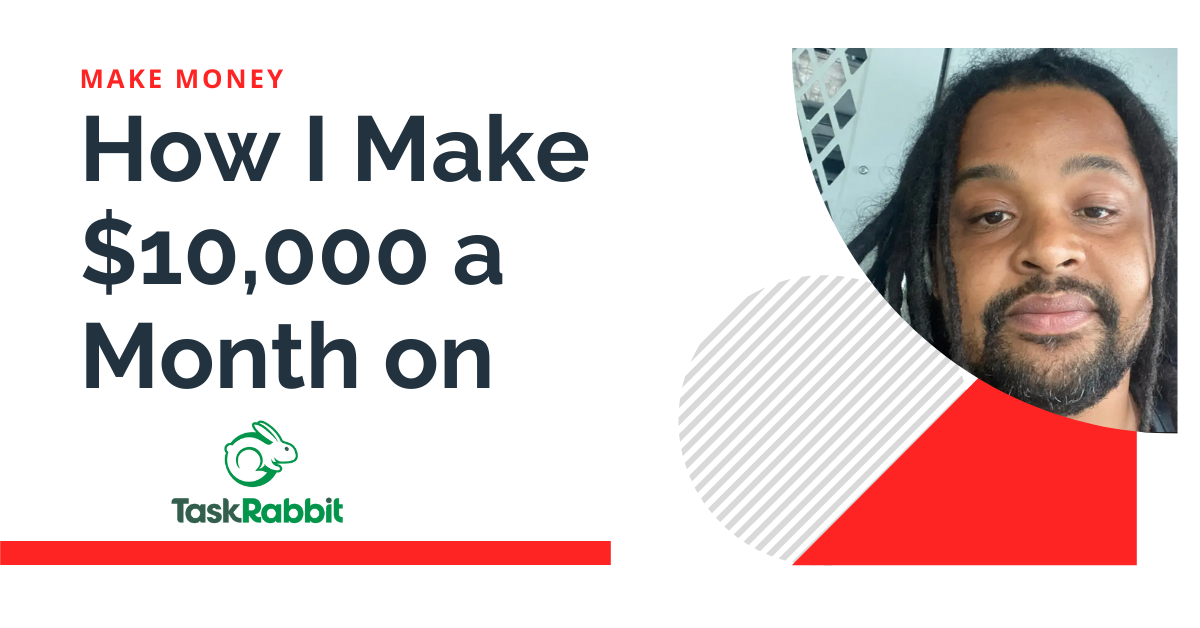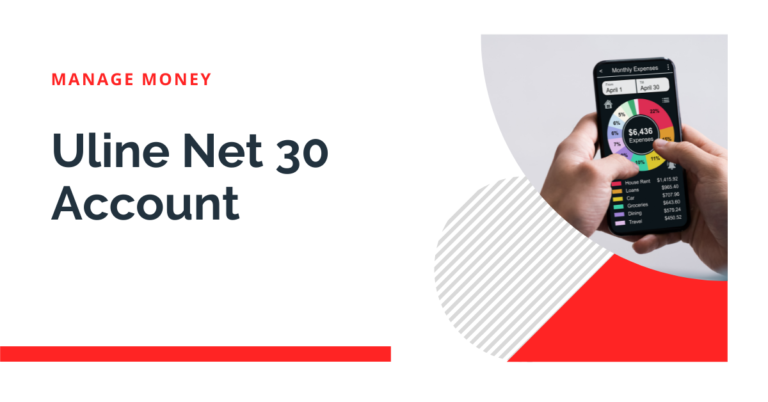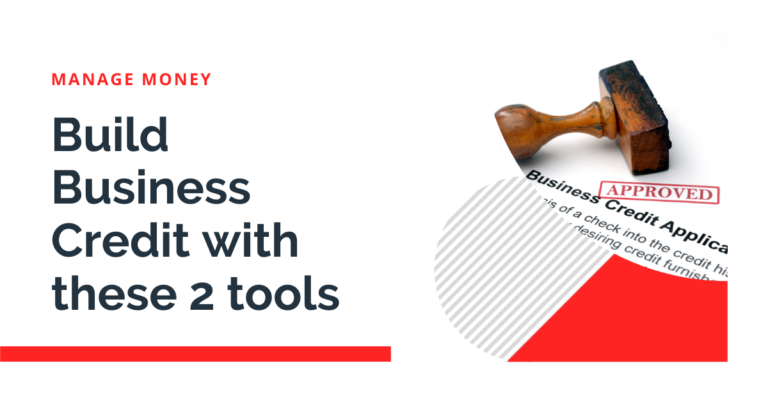Many people save money in an emergency fund account. Emergency funds are used for people to save up money for any possible emergencies or disasters that may occur. But what about an emergency savings fund vs. investing? Is an emergency fund better than investing, or vice versa? Well, I would like to discuss this matter further by looking into the many benefits of an emergency savings fund. Emergency funds are extremely useful, but does it really work? As I mentioned, the emergency savings fund was meant to help people with any emergencies that may come up. Emergency funds should be used as a safety net and saved in the bank where it’s easily accessible. So these savings will serve as a backup if one is unable to work for any reason. Emergency funds are crucial but they aren’t designed or meant to focus on growing your money like investing.
An emergency fund has many benefits, but emergency savings funds don’t have a high rate of return or growth. Emergency funds come from the money that you set aside in a High-Yield Savings Account, Certificate of Deposit or Money Market Account for emergencies only! Emergency funds are a great help, but they doen’t give you high returns or growth since this money is not meant to grow! This is where investing comes into the picture and you get your money to work for you. But generally speaking, it’s suggested that you start with adding money to an emergency savings fund before you start investing. Although an emergency savings fund is most likely going to lose value because of inflation, it’s encouraged that you work with a bank or credit union such as Digital Credit Union (DCU) who pays 6.17% APY on the first $1,000 or finding another comparable financial institution.
Most financial advisors suggest you save 3-6 months’ worth of expenses within your emergency savings account. How you get here, well there is no standard path. Starting with $1,000 is generally the best starting point. You can contribute a small amount each week until you reach your targeted goal. Investing is risky and doing so without an emergency fund is foolish since you never know when you might need that money. All of that said, some believe you should focus on paying off all of your debt before you even consider investing. That is a conversation for another post but today we’re focusing on the emergency savings fund as your first priority now that you are generating an earned income.








